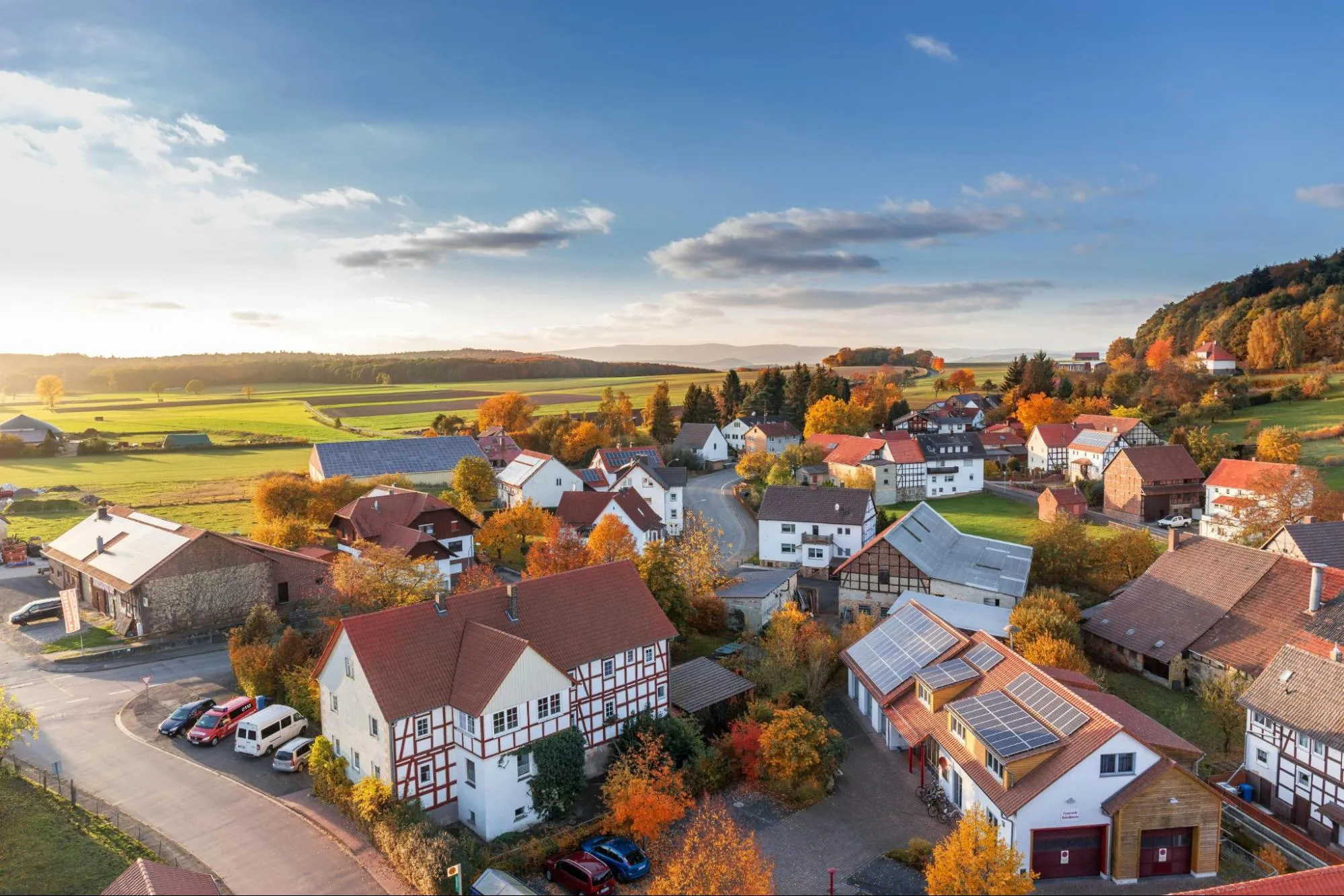How Did You Choose the Right Neighborhood to Live in?
Choosing the right neighborhood to live in is a decision that intertwines practicality with personal values, as illustrated by a Founder who emphasizes commute time to work. Alongside insights from industry professionals, including a Head of Human Resources who focuses on safety, our collection includes additional answers that highlight diverse priorities. From the significance of educational quality to the potential for property value appreciation, explore a spectrum of factors that shape the ideal living environment.
- Consider Commute Time to Work
- Prioritize Neighborhood Sense of Community
- Focus on Neighborhood Safety
- Evaluate Local Educational Quality
- Seek Parks and Recreational Spaces
- Embrace Urban Cultural Amenities
- Value Neighborhood Cultural Diversity
- Assess Property Value Appreciation Potential
Consider Commute Time to Work
Consider the commute time to work. Opting for a neighborhood with easy access to public transit or shorter driving distances can save time and reduce stress.
 Peter Wang
Peter Wang
Founder, Exploding Insights
Prioritize Neighborhood Sense of Community
Selecting the right neighborhood to live in involves a multifaceted decision-making process, but one crucial factor that heavily influenced my choice was the sense of community. When searching for a new place to call home, I prioritized neighborhoods known for their strong sense of community and neighborly spirit.
One significant experience that solidified the importance of this factor was when I attended a local community event in a prospective neighborhood. The warm welcome I received from residents, the lively atmosphere, and the genuine camaraderie among neighbors instantly resonated with me.
It made me realize that living in a community where people genuinely care about and support one another fosters a sense of belonging and enhances overall well-being. Consequently, I ultimately chose to settle in that neighborhood, where I continue to cherish the strong bonds and sense of community that enrich my daily life.
 Aseem Jha
Aseem Jha
Founder, Legal Consulting Pro
Focus on Neighborhood Safety
I focused on safety. Firstly, I explored safety by checking the local police reports and online databases. Moreover, I asked local residents to watch and share their experiences.
These gave me first-hand information about the safety profile of the area. Secondly, I observed different times during the day. I would check the neighborhood at night and make sure it was safe to go there. This exploration allowed me to choose a neighborhood where I felt safe and comfortable.
A safer space offered peace of mind. The tranquility enabled us to live without constant worries, giving me the opportunity to get involved in my community and to become a great parent. A supportive and open space, trust, and love.
 Sunaree Komolchomalee
Sunaree Komolchomalee
Head of Human Resources, Cupid PR
Evaluate Local Educational Quality
The consideration of educational quality is often a top priority when determining a suitable neighborhood for residence. Areas with highly-ranked schools tend to attract families looking to provide their children with the best educational opportunities possible. Such neighborhoods typically reflect a commitment to academic excellence and are indicative of a supportive community environment.
The presence of reputable schools can also affect property values, maintaining a stable real estate market in the vicinity. If education is a crucial factor for you, start by researching local schools and their achievements.
Seek Parks and Recreational Spaces
Choosing a neighborhood with abundant parks and recreational spaces can greatly enhance the quality of life for its residents. These areas offer a peaceful retreat from the bustling city life and provide a space for exercise, relaxation, and community engagement. Living close to green spaces is especially beneficial for those who value outdoor activities, health, and wellness.
Proximity to such amenities contributes to a balanced lifestyle, making it an attractive trait for any neighborhood. If a healthy, active lifestyle is important to you, look for neighborhoods that boast of parks and recreational facilities.
Embrace Urban Cultural Amenities
Deciding to live in a culturally rich urban environment often means trading larger living spaces for the vibrancy and conveniences of city life. Neighborhoods in the heart of the city tend to offer a plethora of cultural attractions, such as theaters, museums, and a variety of dining experiences. These environments are ideal for those who appreciate the arts, enjoy a rich culinary scene, and seek the excitement of urban life.
While homes might be more compact, the trade-off includes having diverse entertainment options right at your doorstep. Consider what cultural amenities are vital for you and explore urban neighborhoods that cater to those interests.
Value Neighborhood Cultural Diversity
A neighborhood that showcases diversity in its population and local businesses offers a rich mosaic of cultural experiences and opportunities for personal growth. Areas characterized by a variety of demographic backgrounds provide a chance to interact with people from different cultures, fostering a sense of global community and understanding. Local businesses owned by residents add to the unique character of the area, supporting the local economy and offering distinctive shopping and dining options.
A diverse neighborhood can be a lively and inclusive place to call home. If you value cultural diversity, seek out neighborhoods that reflect the world’s richness.
Assess Property Value Appreciation Potential
Many people regard the potential for future appreciation in property value as a significant factor when choosing a neighborhood. Opting for an area poised for growth can be a strategic decision that not only provides a wonderful living space but also a smart financial investment. Newly developing areas or those earmarked for future enhancements often present such opportunities.
While these neighborhoods may still be growing, they hold the promise of increased value as developments come to fruition. If considering the financial aspect of your home is essential, investigate up-and-coming neighborhoods and weigh their growth potential.
Submit Your Answer
Would you like to submit an alternate answer to the question, “How did you choose the right neighborhood to live in? Share one important factor you considered.”




